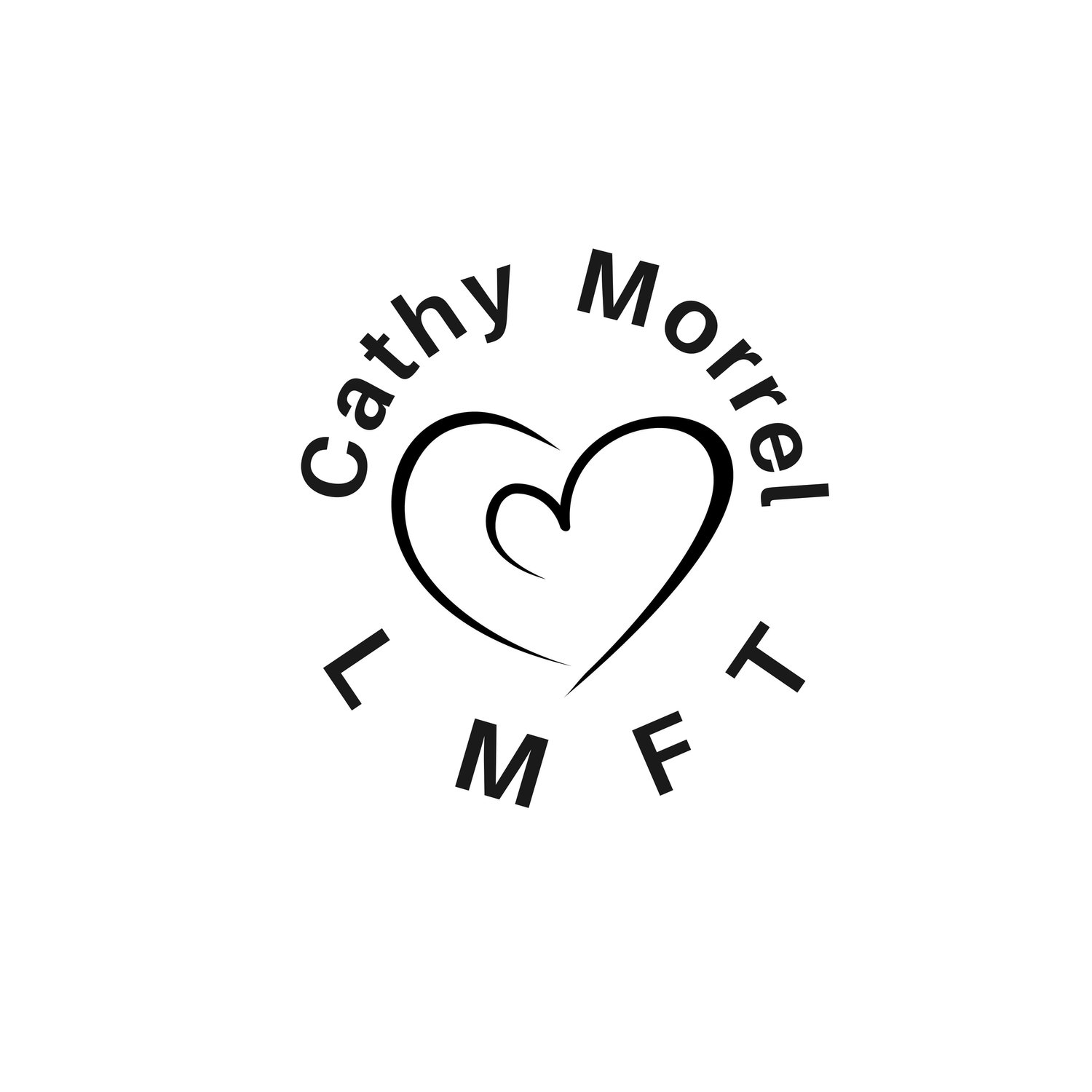Religious Trauma During the Holiday Season
Religious Trauma During the Holiday Season: A Journey to Healing
The holiday season is often depicted as a time of joy, togetherness, and celebration. However, for those who have experienced religious trauma, this time of year can bring a unique set of challenges. Religious trauma, stemming from harmful religious experiences, can cast a shadow over the festivities. In this blog post, we'll explore the intersection of religious trauma and the holiday season, offering insights and coping strategies for those on a journey to healing.
For individuals with religious trauma, the holiday season may trigger memories of past religious rituals, gatherings, or teachings that were emotionally or psychologically damaging. The pressure to conform to these traditions can reignite feelings of fear, guilt, or shame. Society's expectations of joy and unity during the holidays can intensify the challenges for those grappling with religious trauma. The dissonance between the cultural narrative of blissful family gatherings and the internal struggle of religious trauma can be isolating.
The holiday season often involves family gatherings, where religious beliefs may come to the forefront. For those who have distanced themselves from their religious upbringing, navigating family dynamics can be challenging. Conversations around faith, traditions, or the lack thereof, can be emotionally charged.
One approach to healing is the reclamation of holiday traditions. This doesn't necessarily mean adhering to religious customs but finding ways to celebrate that resonate with personal values. Creating new traditions can be empowering and help redefine the holiday season on one's terms. Establishing clear boundaries is crucial for individuals with religious trauma during the holidays. This may involve communicating with family members about sensitive topics, deciding which events to attend, or creating a self-care plan for moments of emotional distress.
The holiday season can amplify feelings of loneliness for those distancing themselves from religious communities. Seeking support from friends, therapy, or online communities of individuals with similar experiences can provide a sense of connection and understanding. Practicing self-care is paramount during the holiday season. Mindful activities such as meditation, deep breathing exercises, or engaging in hobbies can help manage stress and foster a sense of inner calm.
For those deeply affected by religious trauma, seeking the guidance of mental health professionals with expertise in trauma and religious deconstruction can be transformative. Therapy provides a safe space to explore and process the complex emotions associated with religious trauma.
The holiday season can be a poignant time for those navigating religious trauma. Acknowledging the challenges and implementing strategies for self-care and healing are essential steps on this journey. By reclaiming traditions, setting boundaries, and seeking support, individuals can transform the holiday season into a period of personal growth and resilience. Remember, healing is a process, and each step forward is a victory on the path to reclaiming joy and agency during the holidays.

